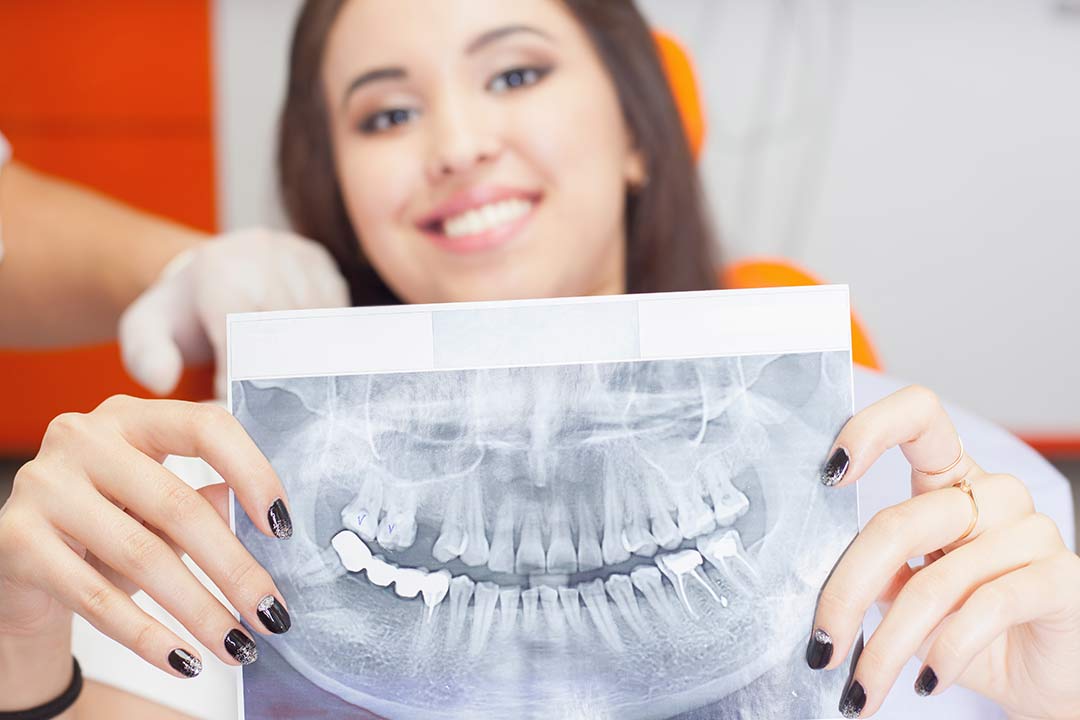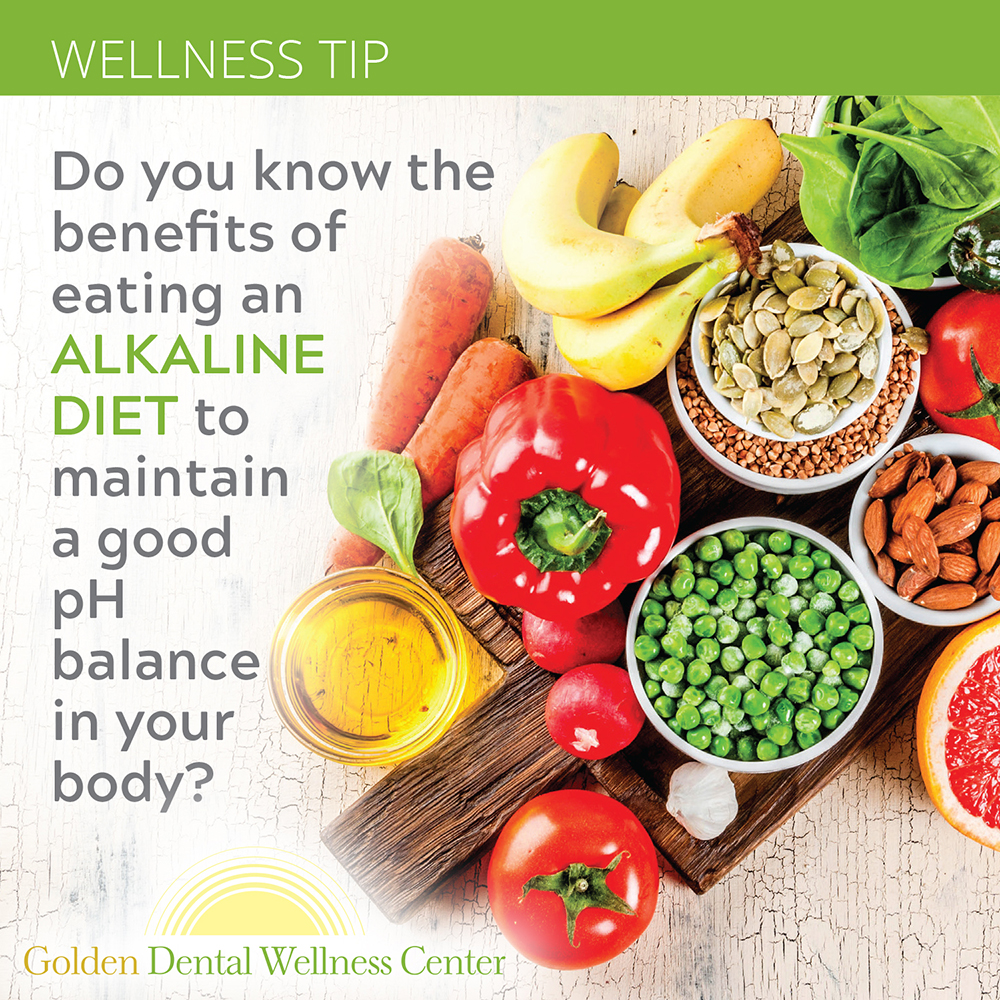Dental IV Therapy
December 8th, 2020
While you might not associate IVs with a typical trip to the dentist, this practice is beginning to see more widespread adoption in the field. IVs are an amazing way to make sure patients have an adequate amount of the nutrients they need before, during, and after a dental procedure. We have discussed the merits of Vitamin C IVs before, but the benefits are worth revisiting! In addition, B12, and D3 are also IVs typically administered alongside dental procedures, each with their own positive effects on the body.
Vitamin C, traditionally found in fruits like oranges, have exceptional benefits when administered alongside a dental procedure. A Vitamin C IV can help break mercury bonds when removing old, dangerous fillings, prevent dry socket, decrease chronic or acute inflammation, and decrease or eliminate bleeding during procedures, redness, and swelling of the gyms during and after a procedure! While most of these benefits can be derived from a single IV administered during a larger procedure or surgery, you can also request a stand-alone IV to really double down on your body’s saturation and get rewarded with some great benefits to your dental and total body health! In fact, after two rounds of treatment, many patients had no inflammatory cells at all and healthier immune system overall!
Perhaps the second-most used vitamin in IVs is a vitamin B cocktail (B2,B6,B12), which primarily aids in energy production. After a procedure, your body has essentially been damaged and needs to recover; a B vitamin IV gives your body easy access to the energy it needs to mend itself. Usually found in meat, eggs, fish, and dairy, vitamin B helps the body process food into energy, regulate enzymes, and increase blood flow to damaged areas. During surgery, B2 also helps your body manage the biotransformation of agents used during the procedure, making sure they don’t stick around longer than they need to! If you’re worried about getting back on your feet after a tough dental visit, the B IV is the one you want!
Additionally, you could opt for a vitamin D3 supplementation! D3 is made naturally in your skin, but also typically found in raw fish and added to fortified milk. This is because D3 synergizes extremely well with calcium and aids in the production of muscles and bones, perfect for a dental application! If you’ve had problems with a tooth, chances are greater bone density and quick building of new bone tissue is something you’re looking for! In addition, D3 helps to limit inflammation, which is really helpful if the IV is administered during surgery.
Similar to B vitamins, an A vitamin cocktail also aids in recovery after a procedure or surgery. However, instead of producing raw energy, this IV will help your body construct the cells to build new tissue around the site of the procedure. Vitamins B, C, and A work in tandem to ensure that new tissue is grown properly and quickly, minimizing the risk for infection or complications from damage. Vitamin A also stimulates your immune system, further reducing the risk for infection!
If you don’t know what you need, don’t worry! Here at Golden Dental Wellness Center, we will do blood work for you and carefully examine if you could benefit from IV therapy as well as which vitamins will be best for your dental and total body health. To inquire about IV therapy during dental procedures, give us a call at (516) 627-8400.




























































 Website Powered by Sesame 24-7™
Website Powered by Sesame 24-7™